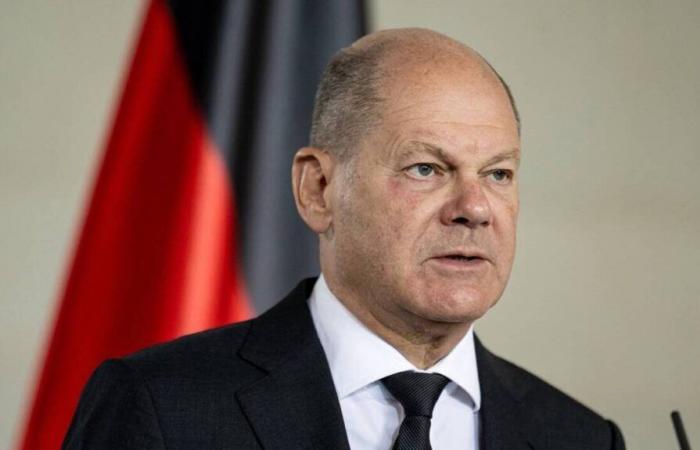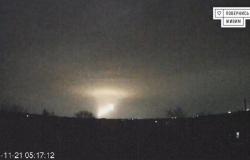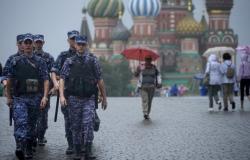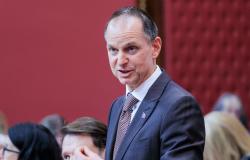German Chancellor Olaf Scholz is under fire from the German conservative opposition who accused him on Saturday November 16, 2024 of having contributed to the “propaganda” from Moscow by his telephone call to the Russian president, according to theAFP.
Vladimir Poutine “will take the fact that Scholz called him out more as a sign of weakness than strength”Jürgen Hardt, foreign policy spokesman for the conservative CDU party, told German radio Deutschlandfunk. He criticized the chancellor for having contributed to a “propaganda success” of the Kremlin, for reasons of German domestic politics.
On Friday, the chancellor spoke for an hour by telephone with Putin, for the first time in almost two years, their last exchange dating from December 2022. This last call therefore came 10 months after the start of the invasion in large scale of Ukraine by Russia.
Read also: MAP. War in Ukraine: call between Scholz and Putin, Russian gas in Austria… Update of the day
“Confronting” Putin with the reality of war
Following the collapse of the government coalition last week, Olaf Scholz must stand again in the elections next February. According to the latest polls, his social democratic party, the SPD, is given 15% of the vote, far behind the CDU/CSU (32%). Olaf Scholz “above all wanted to make it understood, in Germany, that he is the one who relies on negotiations, on dialogue”Jürgen Hardt accused.
During the call, the chancellor asked Russia to show its “willingness to begin negotiations with Ukraine with a view to a just and lasting peace”according to a press release from the German government. According to the German daily The mirrorciting government sources, the chancellor wanted “confront” Putin to the reality of the war and the critical view that certain countries have on Russia.
Ukraine angry
But for Jürgen Hardt, the call did not have the desired effect on Putin, who does not understand “only signals of strength”such as the threat to massively increase military aid to Ukraine. Olaf Scholz “did not make new concrete proposals, nor even set a quasi-ultimatum”he added.
On the Ukrainian side, this exchange provoked the anger of kyiv, which saw “an attempt at appeasement” towards Moscow. Ukrainian President Volodymyr Zelensky criticized Mr. Scholz for opening the “Pandora’s box”.
SPD general secretary Matthias Miersch defended the chancellor’s phone call, saying it was important to make diplomatic progress in the Ukraine conflict. Germany is Ukraine’s second largest arms supplier after the United States, but it has refrained from sending long-range weapons to Ukraine to avoid further escalation of the conflict.






